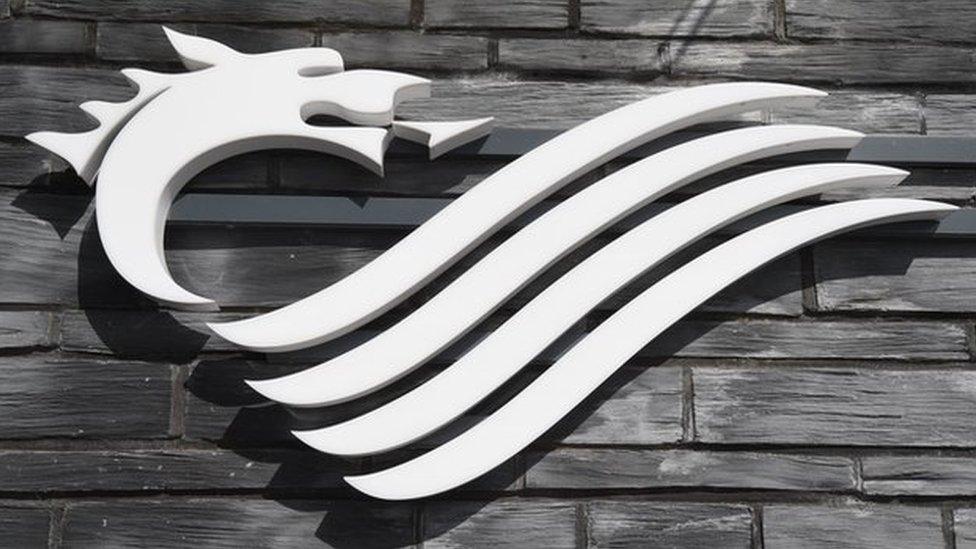Wales Election 2016: What happens next?
- Published

Election results are not the end of the story, with the new assembly having 28 days to nominate a first minister.
With no single party getting a majority, there are two big possibilities.
And there will also need to be a new presiding officer after the previous one left the assembly.
So, what might happen?

Could there be a coalition?
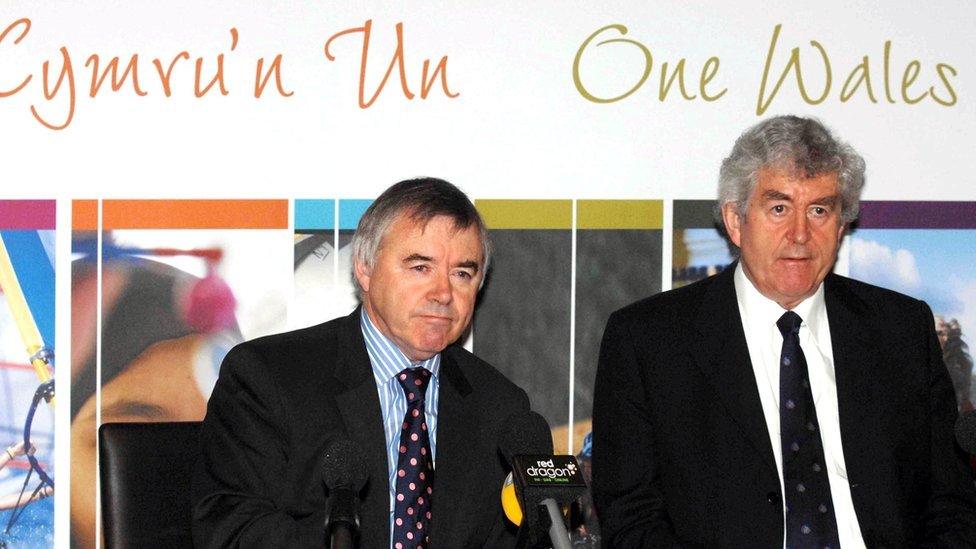
Plaid Cymru's Ieuan Wyn Jones (l) formed a government with Labour's Rhodri Morgan (r) in 2007.
With 29 seats, Labour are playing down the idea of a formal coalition.
But, even if there were to be some sort of deal, it is inconceivable Labour could share power with the Tories or the newly-elected UKIP contingent.
Senior Tories not long ago were pinning hopes on a leadership change in Plaid Cymru to allow for a coalition of the smaller parties - but with just one Lib Dem AM, a block of seven UKIP members and Labour having 29 seats it appears highly unlikely.
Both Labour and Plaid said they were fighting to win the election and govern alone, but Plaid and Labour have worked together before and before the election there was some speculation that a repeat coalition could happen.
Labour's manifesto omits references to how many councils the party would like to see in Wales following mergers, and which type of M4 relief road route Carwyn Jones would like to build.
It is that kind of wriggle room that could help make a deal possible.
One slight problem
One slight problem, in addition to Labour having nearly half the seats in the assembly chamber, is that Plaid and Labour have given the public impression of not getting on.
The worst outbreak of ill-feeling between Labour and Plaid came on the last full day of plenary business in 2016, when public services minister Leighton Andrews dubbed a deal between the two over local government reform a "cheap date".
It was a joke, but the suggestion Plaid's support was easily won was a disaster for the government.
Some of Plaid's AMs had planned to vote with the government after coming to a deal on an e-cigarette ban in some public places, but Mr Andrews' quip galvanised the whole group to join the rest of the opposition and block the Public Health Bill.
Since then, Labour has used up a great deal of energy attacking Plaid's policies, and Plaid made an entire campaign platform posing as an alternative to the incumbents.
That is not the only factor in the way of a coalition deal - the idea just does not seem to fit into Plaid's long-term plan.
Political commentator Daran Hill said: "It's a profound issue for Plaid. The way they were behaving in conference, the way that their big thinkers were talking, it doesn't seem that they want to be in a junior-coalition scenario with Labour any time soon.
"They have been there and they are hoping for something different."
Mr Hill said the only quick coalition option was likely to be between Labour and the Liberal Democrats "if they have enough votes between them".
However, he said even that option would need to be signed off by the individual parties.
He noted that Mr Jones did not attack the Liberal Democrats in his speech in Wrexham last Monday. "He attacked all the other parties," he said.

Minority government
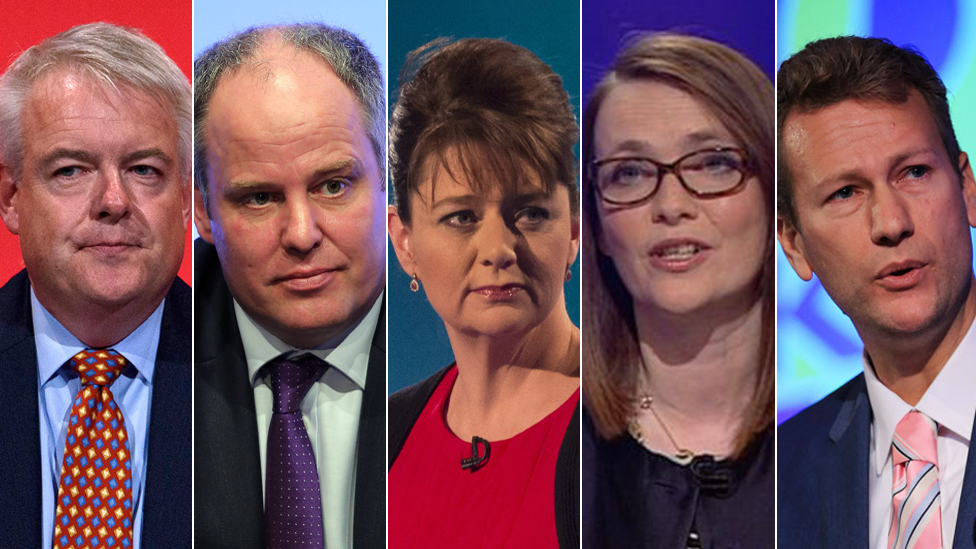
Carwyn Jones, left, is likely to govern alone
The last Labour administration was a minority government, with 30 seats. The party now has 29, and minority rule seems likely to be the order of the day again.
The emergence of a clearer left-right split in the assembly - with UKIP's presence - could encourage parties nearer the left to at least support each other short of a coalition.
There have been calls already for a progressive alliance of sorts, with Labour-supporting academics having urged Labour voters to vote Plaid on the regional ballot paper.
Before the election, Daran Hill speculated that a minority-government scenario similar to what happened in 2007 might occur again. Back then, Labour started the term as a minority administration and formed a coalition with Plaid later. However in 2007 it had 26 seats, rather than the 29 it secured on Thursday.

Then there is the issue of the next presiding officer...
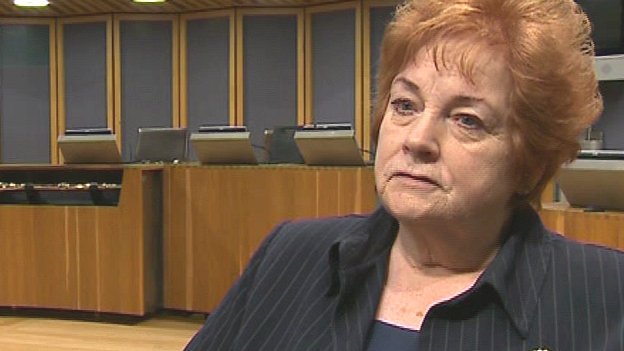
Dame Rosemary Butler has stood down from the assembly
It is expected the assembly will reconvene next week, probably Wednesday, at which point AMs will have to select who they want to be their next presiding officer.
Dame Rosemary Butler, the former AM for Newport West, served as presiding officer in the last assembly term but has stood down.
Daran Hill said: "I have never known a situation where presiding officer and deputy presiding officers weren't in some way influenced by a deal for forming a government.
"It's entirely a question of numbers."
He said that with 29 seats, Labour's view on who should be the presiding officer could be different from what it might have been if it won 26.
The commentator said that, under assembly rules, the two positions of deputy presiding officer and presiding officer need to be split between an opposition party and the governing party.
He suggested that, with 29 seats, Labour could ask other parties to suspend those rules so the assembly could have two presiding officers from opposing parties, giving the party a majority.
"You need politicians that can reach out to other parties," Mr Hill said.
He said several names were being suggested as future presiding officers.
Conservative AM David Melding would be a credible candidate, Mr Hill said, adding that fellow Tories Suzy Davies and Paul Davies were also the kind of figures who could take the role.
He said he had heard Labour candidates Jane Hutt and Joyce Watson mentioned as possible presiding officers, while some had talked of Kirsty Williams doing the job after being elected as a lone Lib Dem.
Meanwhile, Mr Hill suggested Plaid's Elin Jones might also be suitable.
- Published4 May 2016
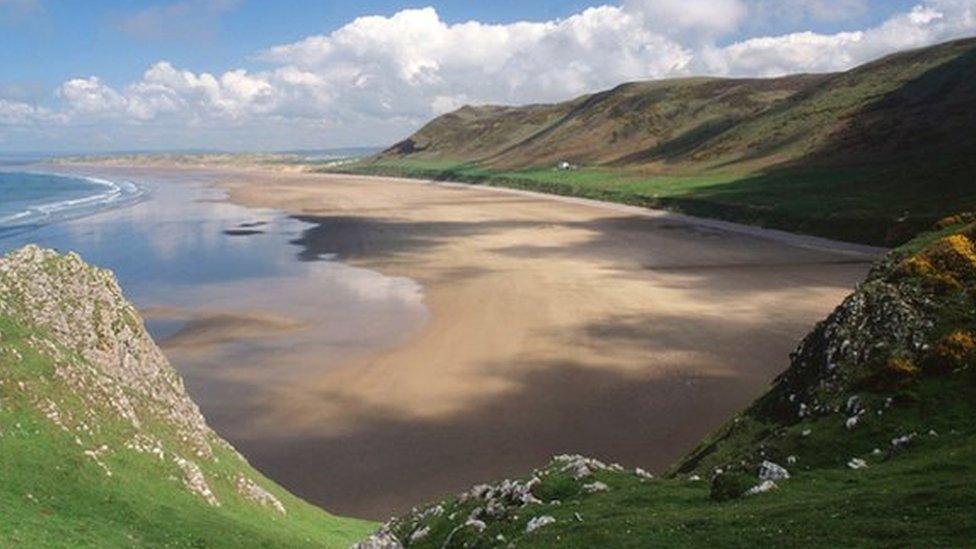
- Published30 April 2016
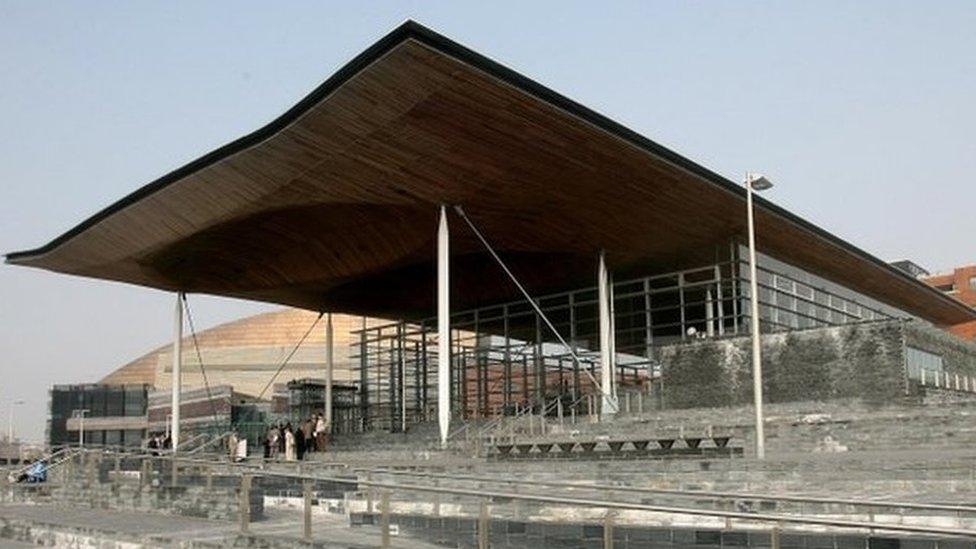
- Published22 April 2016
